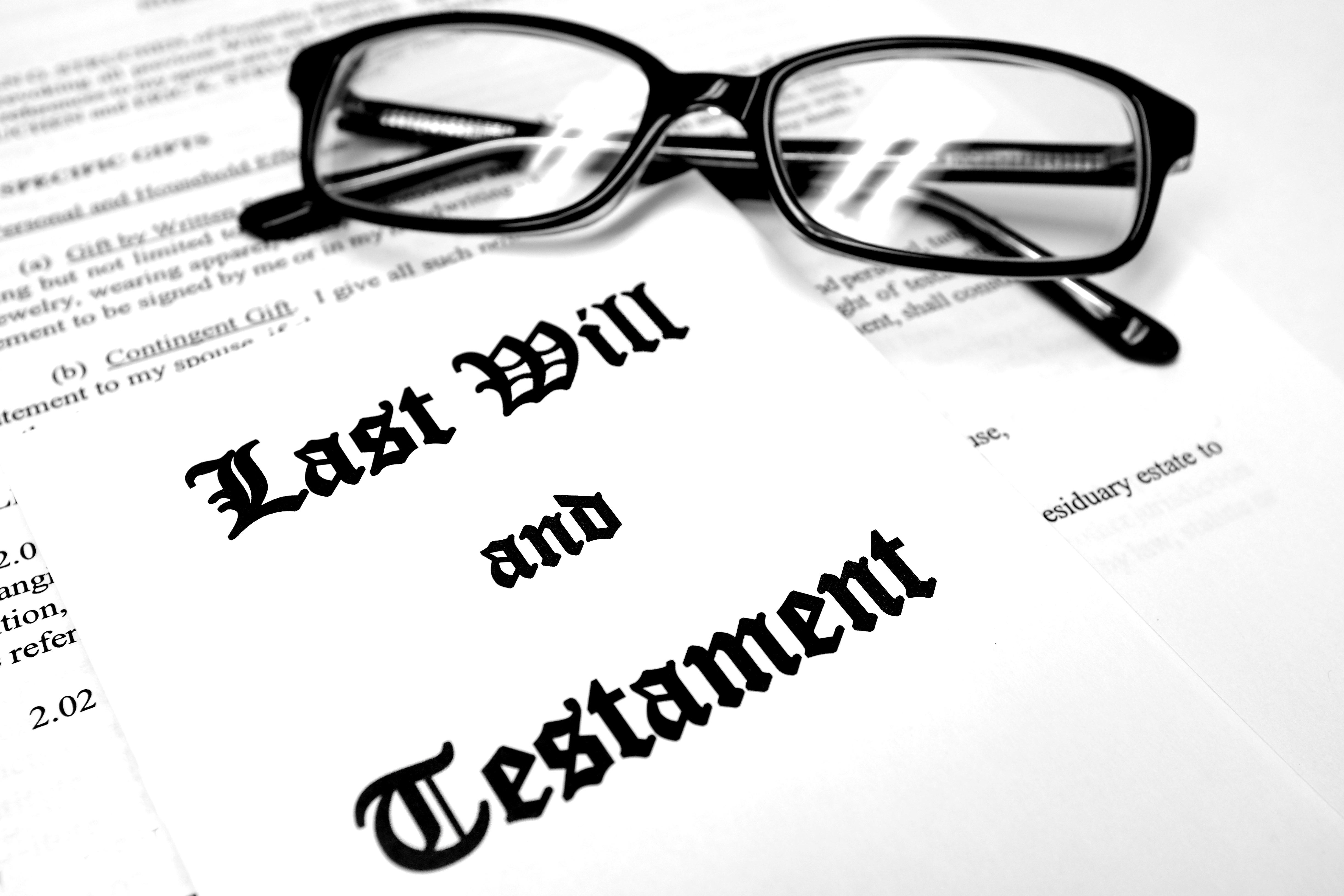10 Tips When Making Your Will
Making a Will is not top of everybody’s To Do List, however it is an absolute must for anyone who has loved ones, whom they wish to protect.Here are our top ten tips to consider when looking to making a Will.
1. MAKE THE TIME TO WRITE A WILL
Sadly, many of us never get round to making a will. According to the Law Society, one in three people die without ever having made a will.
2. A WILL IS FOR EVERYONE
If you die without a will, you will die ‘intestate’ and your estate may not got to the people you want. There are specific rules for the way your estate will be distributed called the intestacy rules. Your loved ones could miss out on part of your estate or could be liable for inheritance tax.
3. USE A PROFESSIONAL
This is an important decision and you should choose wisely. You should seek professional legal advice and use a qualified solicitor. Our solicitors can advise you on inheritance tax allowance and trusts. We advise against DIY will kits as these could result in your will being invalid. Your beneficiaries could be subject to large tax bills and your beneficiaries could be left with little or nothing.
4. CHOOSE YOUR EXECUTORS
The executors are responsible for ensuring your wishes and instructions as per your will are carried out. It can be a stressful and demanding time and it is good practice to ask them whether they mind taking on this role. Quite often you will appoint your spouse to be the executor. If you both died together neither of you will have a living executor therefore it is wise to appoint more than one executor or a substitute executor to act on your behalf.
5. APPOINT GUARDIANS
Some people do not make a will because they cannot agree what would happen to the children if both parents die. If you die and you leave children under 18 years of age and if you have not made a will, a guardian will be appointed by the court. By making a will, you can appoint a guardian who will ensure that your wishes are followed for your children. Unmarried couples should appoint each other as guardians in their wills.
6. DECIDE WHO GETS WHAT
If you plan now who inherits what and when, where your children are concerned, this helps to prevent any family feuds after you pass away. By making it clear what your wishes are, you make it easier for your executors to deal with after your death.
7. VALIDATE YOUR WILL
In order for your will to be valid, you must have two independent witnesses, over the age of 18 to witness you sign the will and counter sign it. As a beneficiary cannot legally benefit from a will they have witnessed, the witnesses should always be people who will not inherit anything under the will.
8. TAKE CARE OF YOUR WILL
We have a safe storage facility and you should let your executors know where it is. We advise against storing your will in a bank safety deposit box as the bank cannot open the box until the executor is granted probate and probate cannot be granted without the will.
9. REVIEW YOUR WILL
We advise that you should review your will at least every 3 years. If there is a change to your circumstances e.g. marriage, divorce, separation, children, property brought or sold, you should review your will as certain changes can make part or all of your will invalid.
10. LOOK OUT FOR THE WIQS QUALITY MARK
For complete peace of mind, use a solicitor that meets the highest standard of expertise and client service in wills and inheritance law. The Law Society’s Wills and Inheritance Quality Scheme (WIQS) is the recognised quality mark for legal experts in dealing with wills and probate. Murria Solicitors are proud to have achieved the WIQS quality mark.


